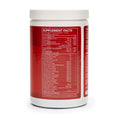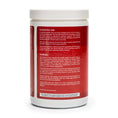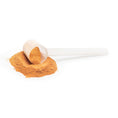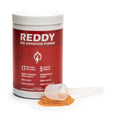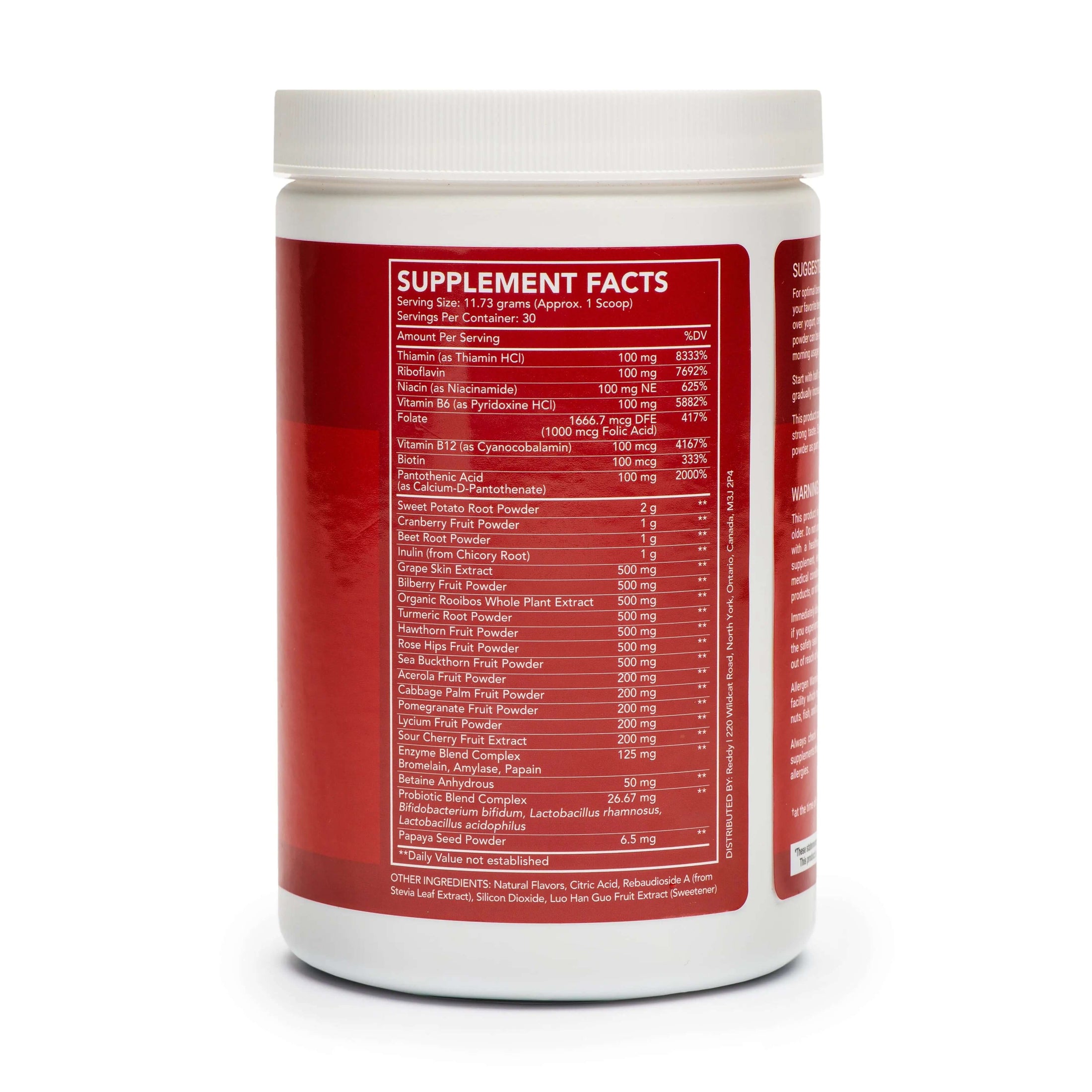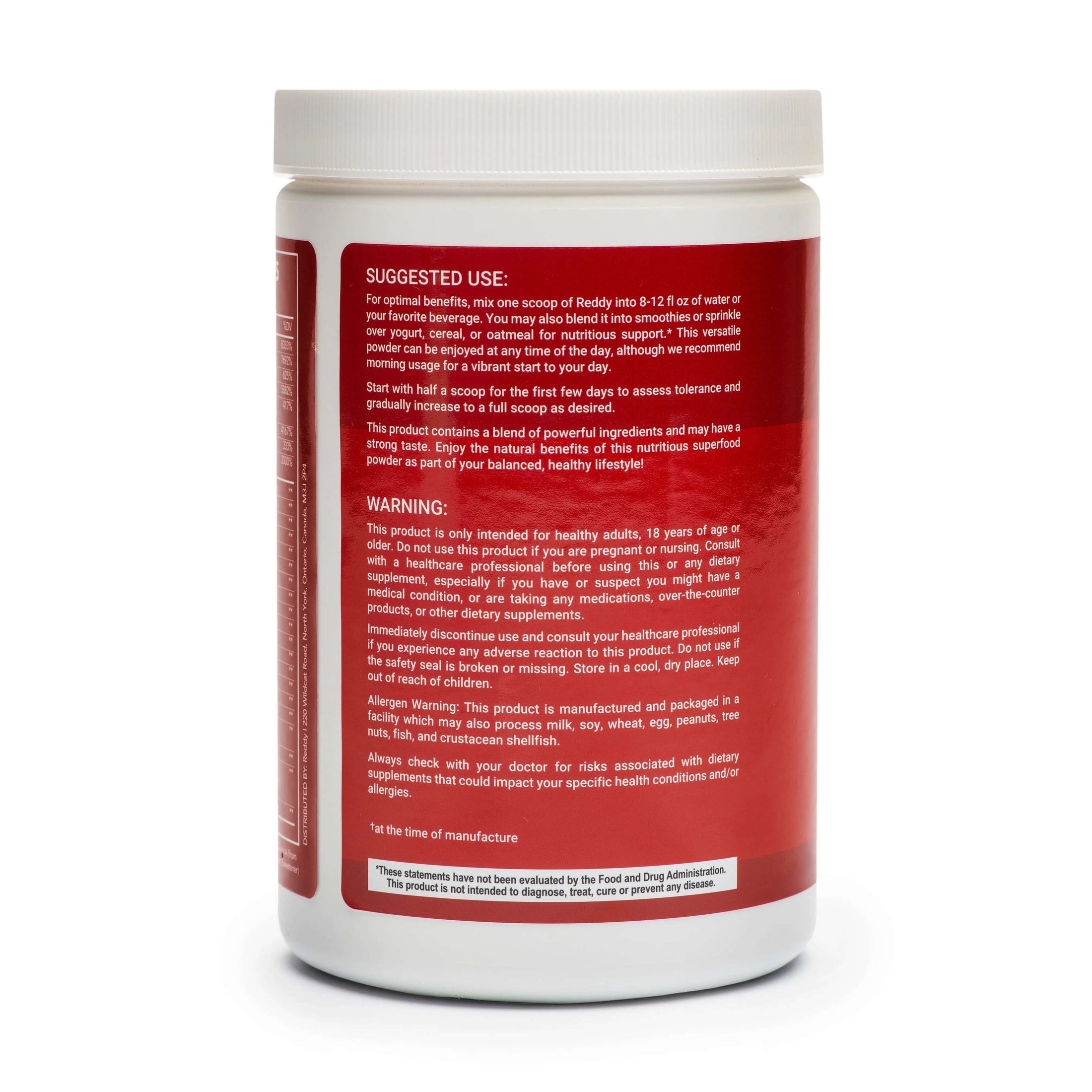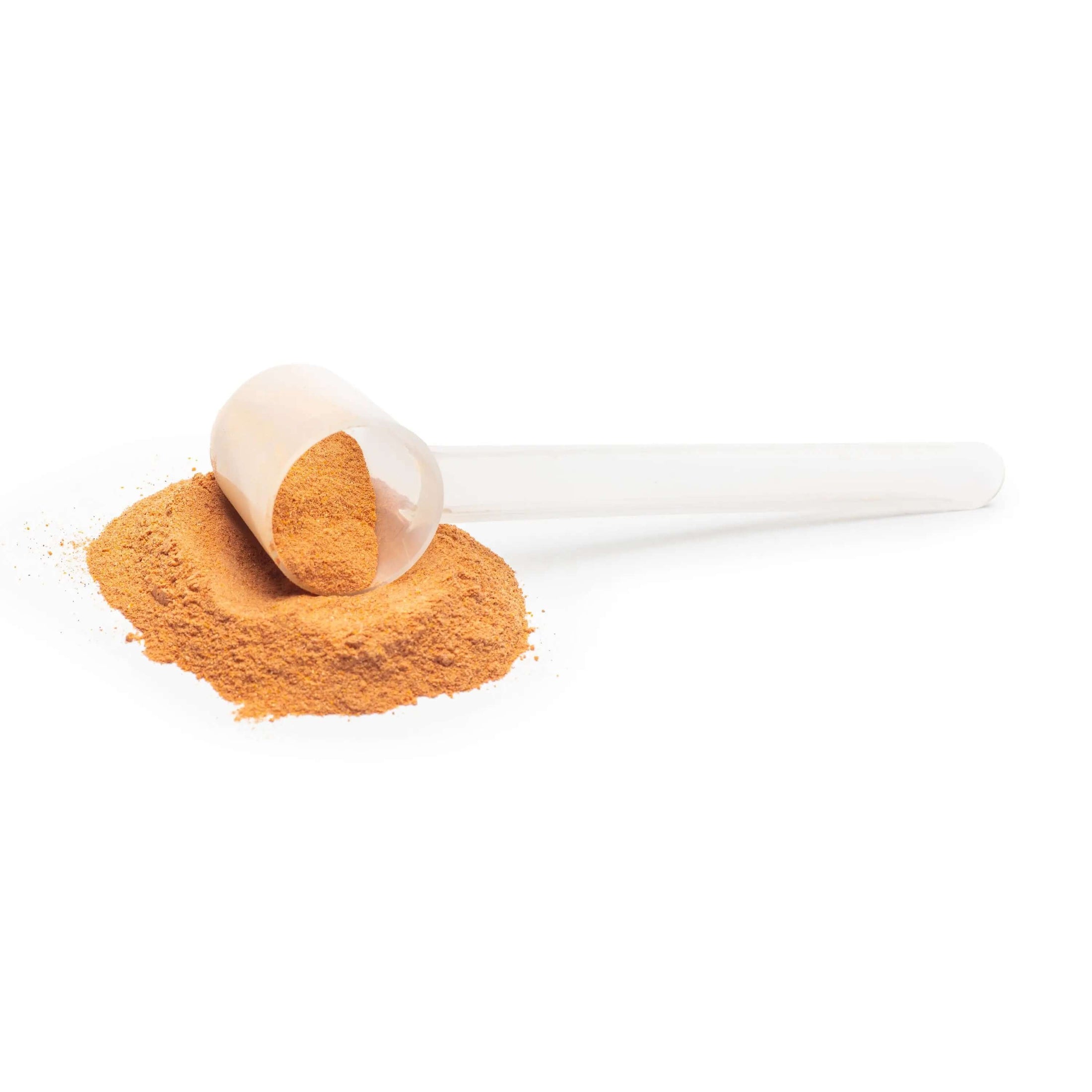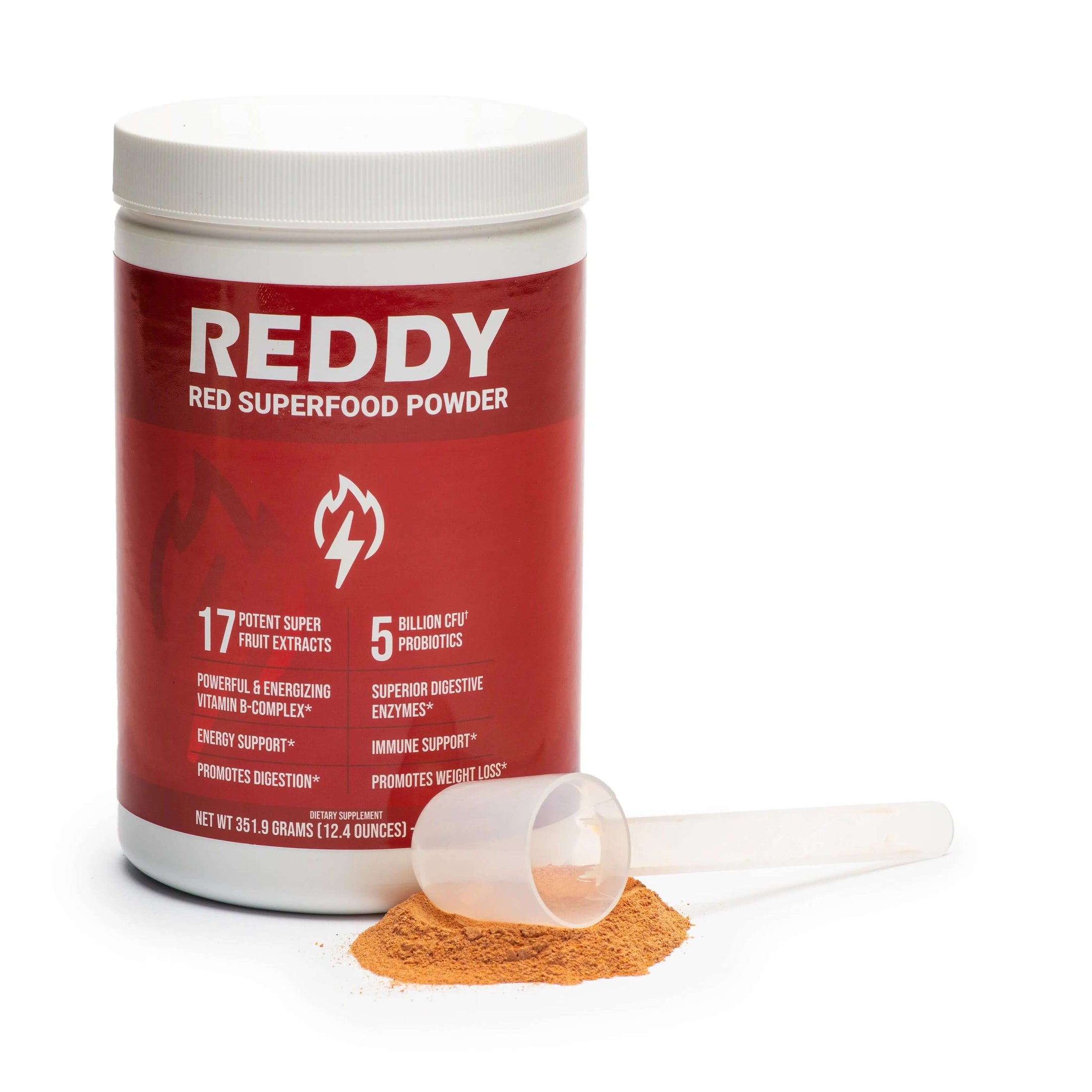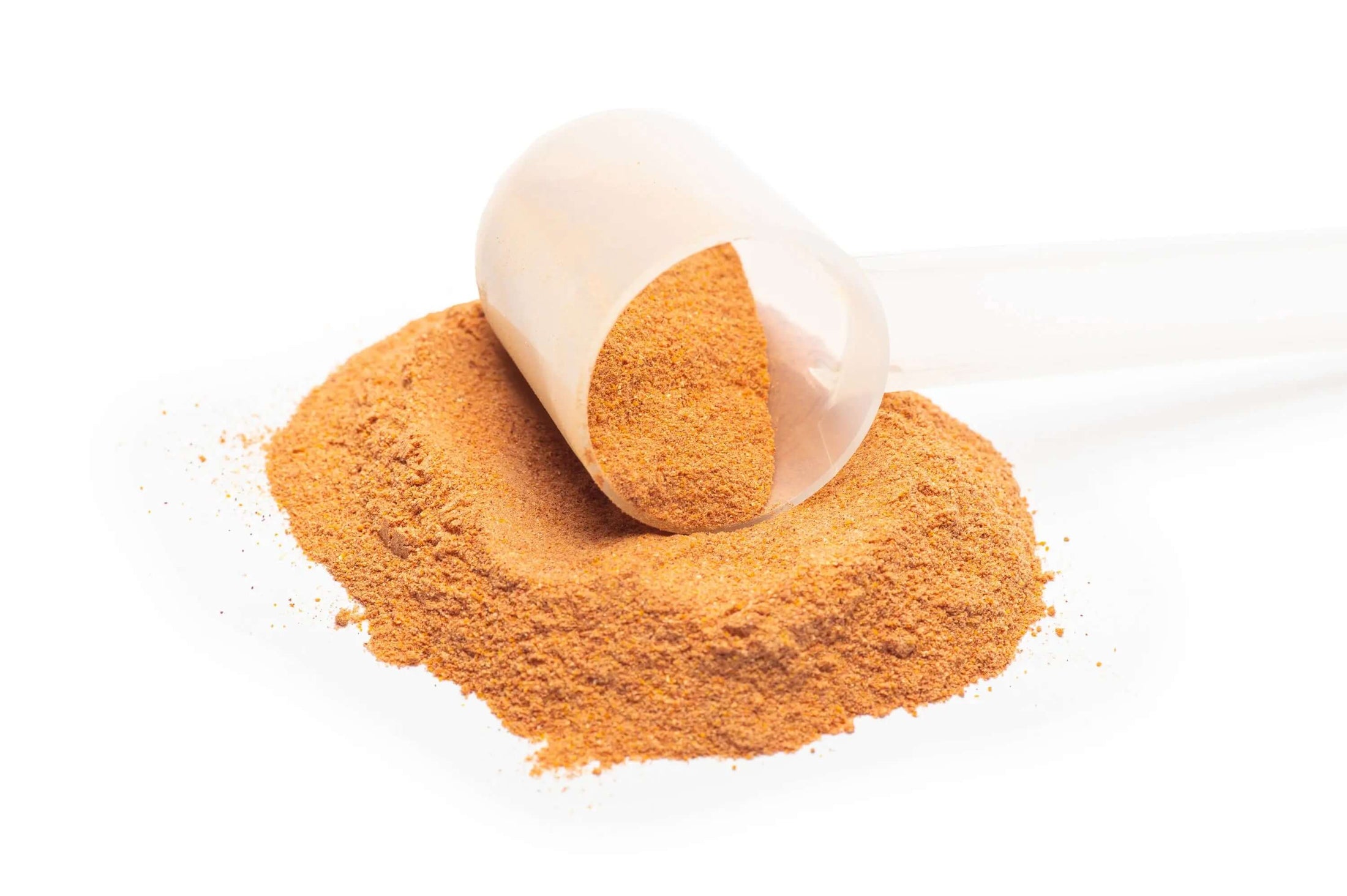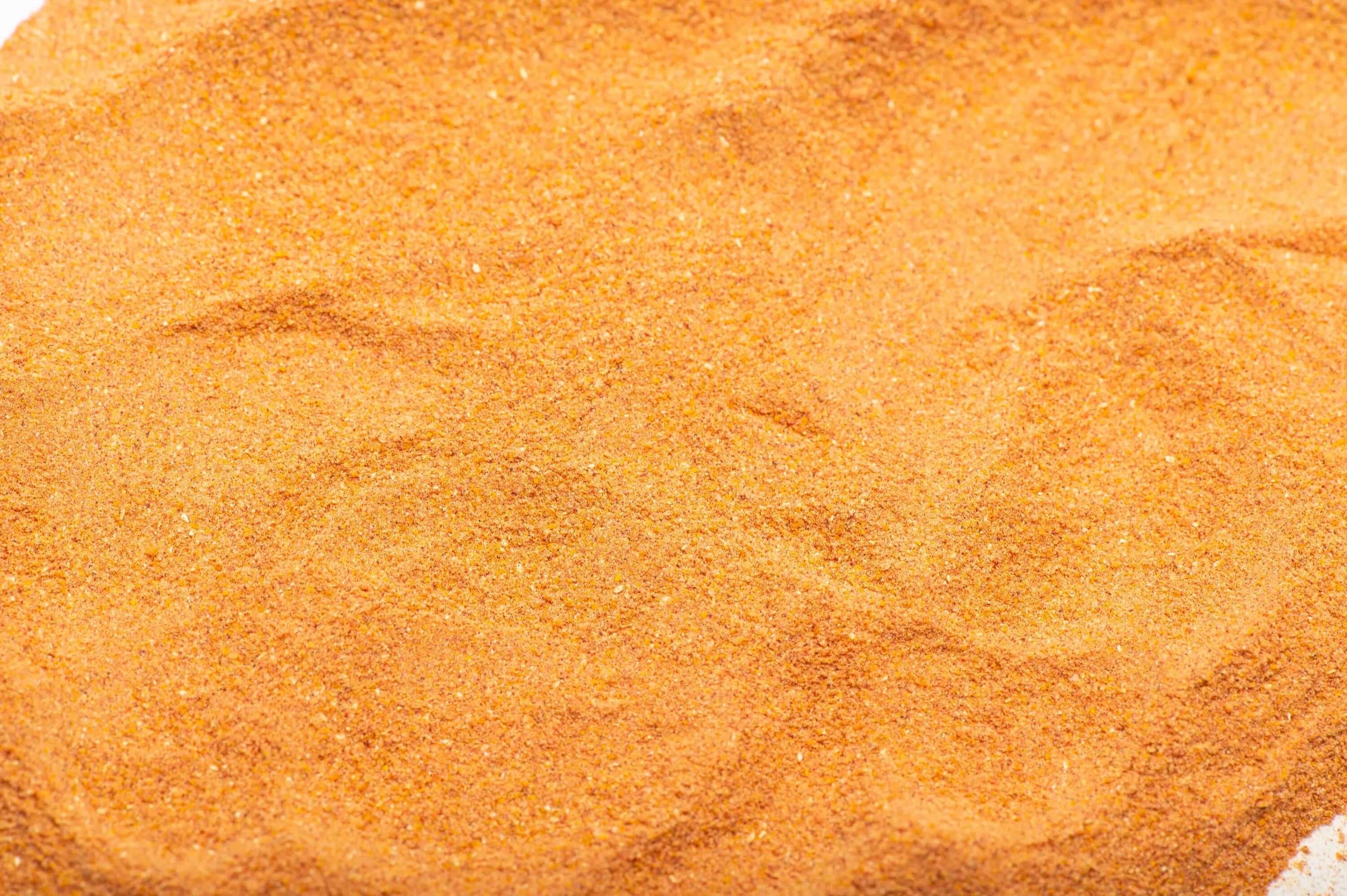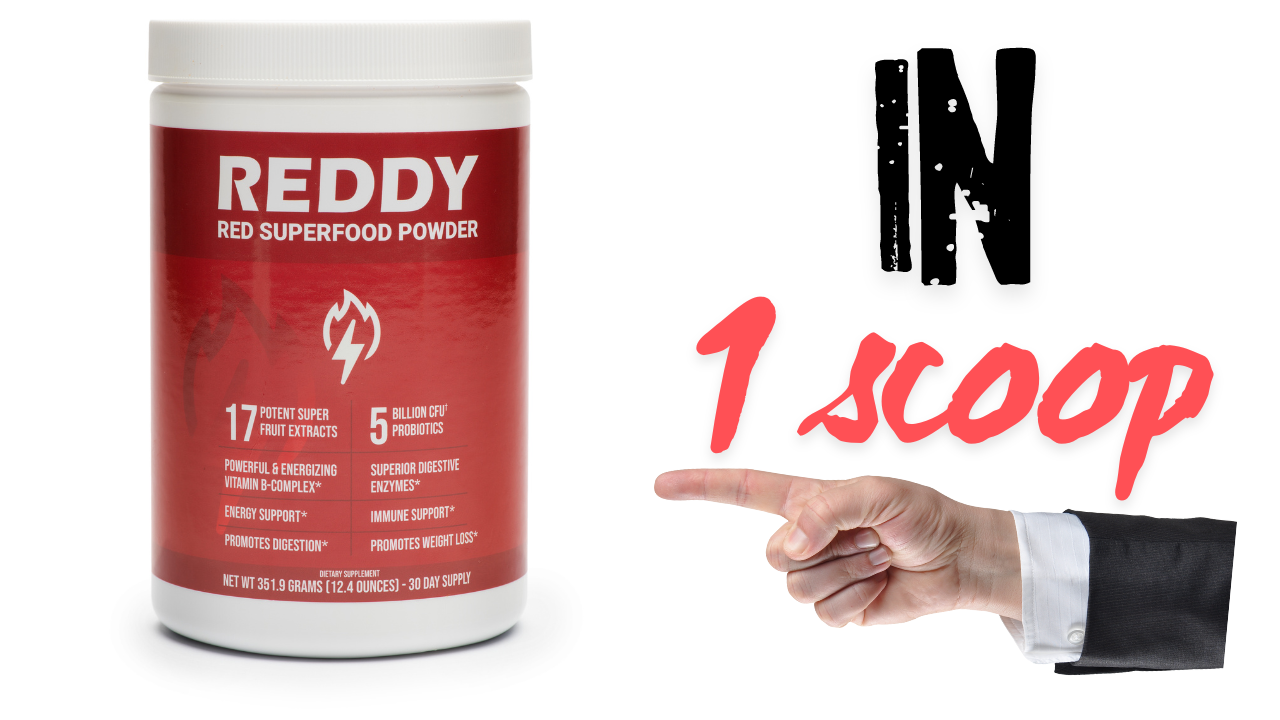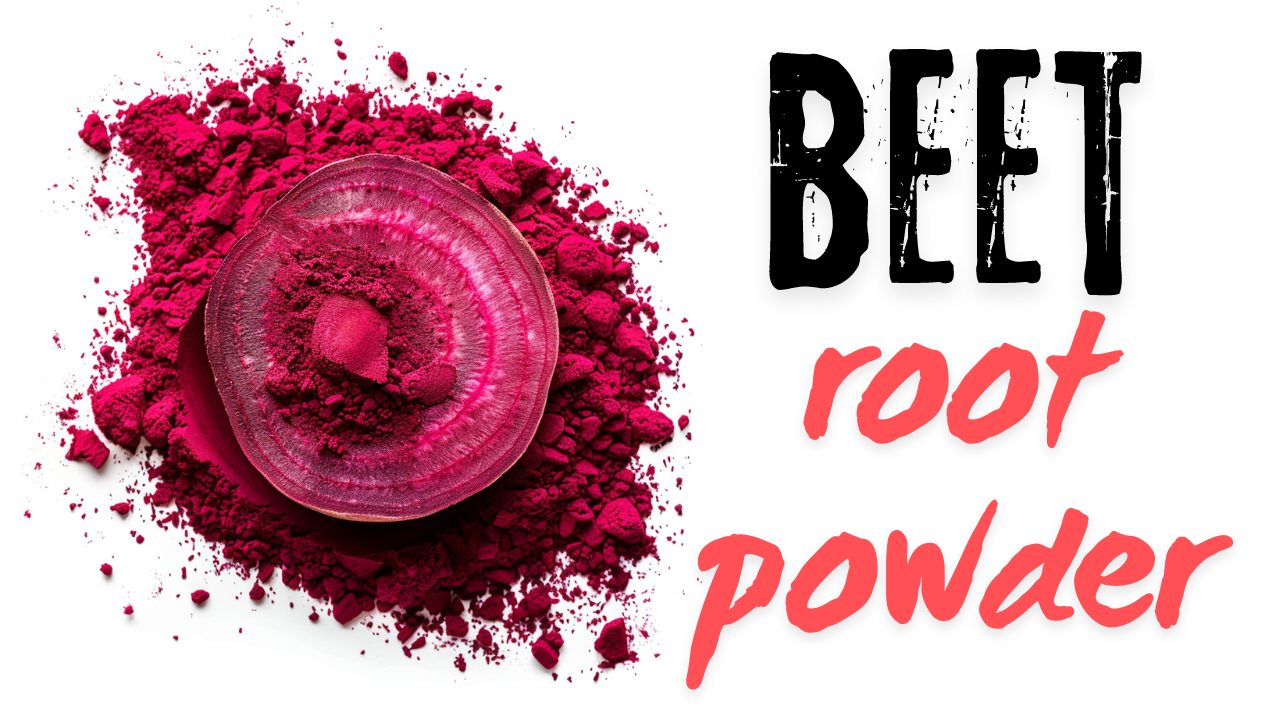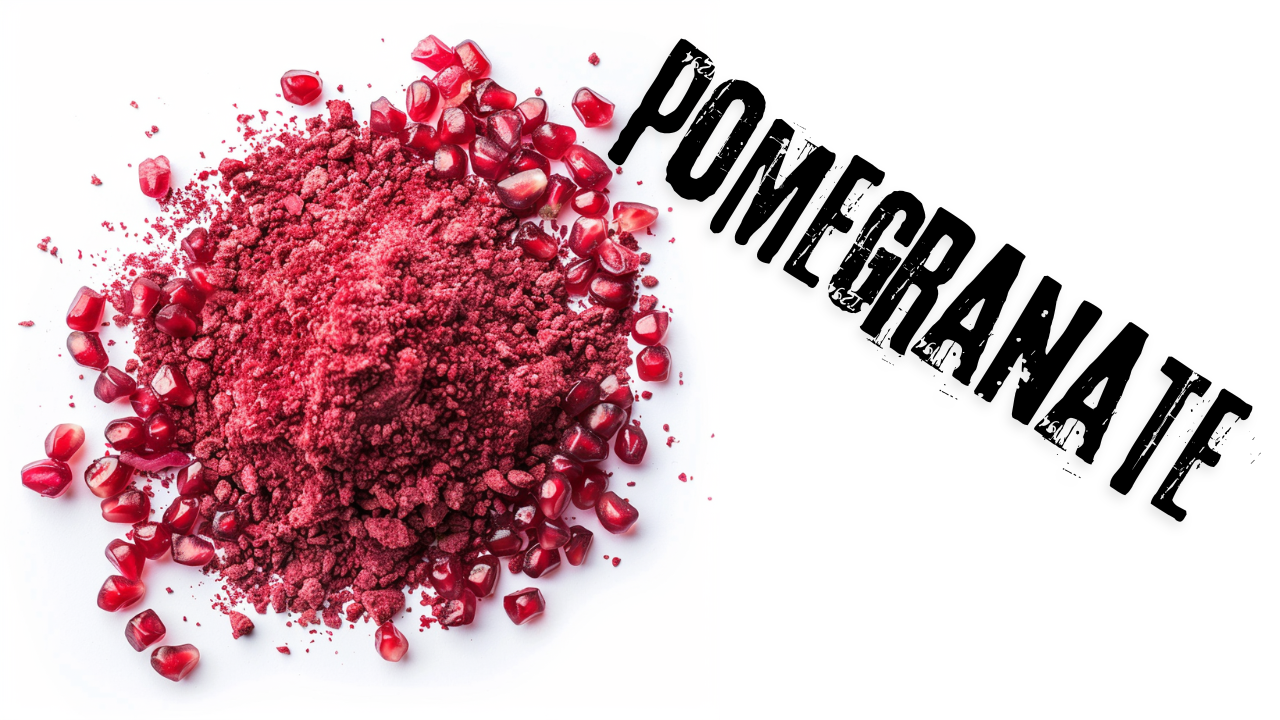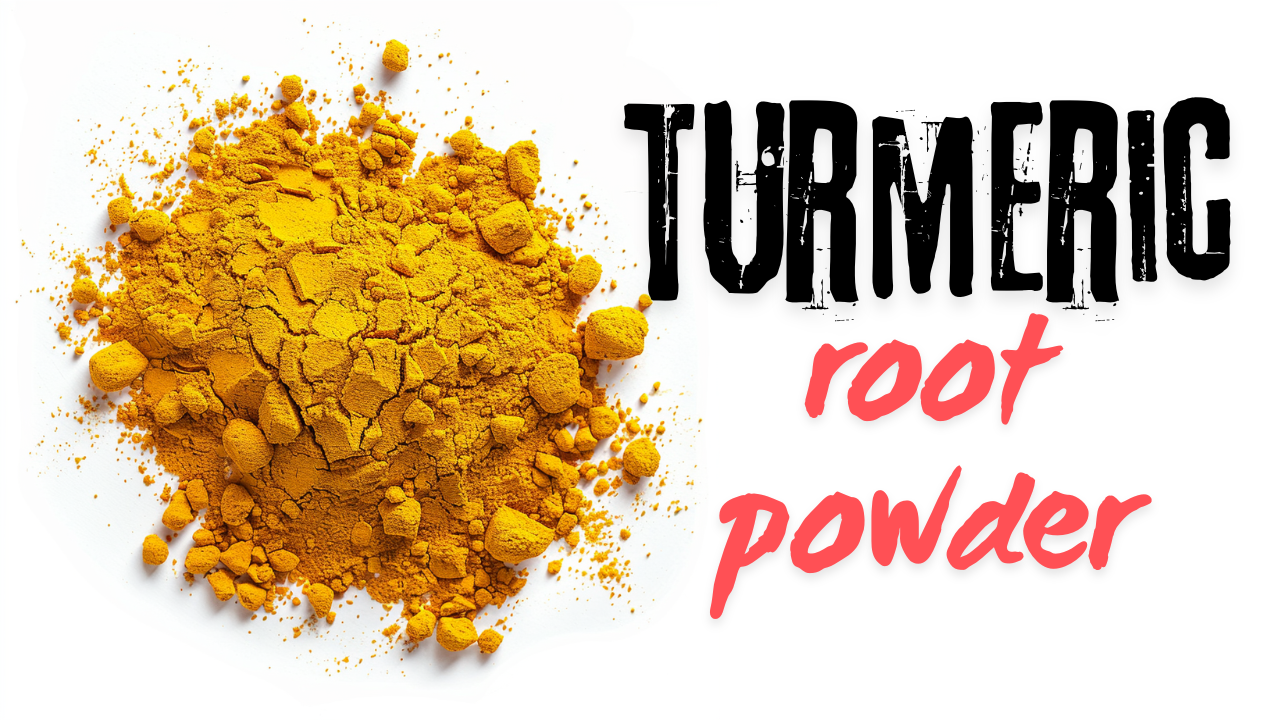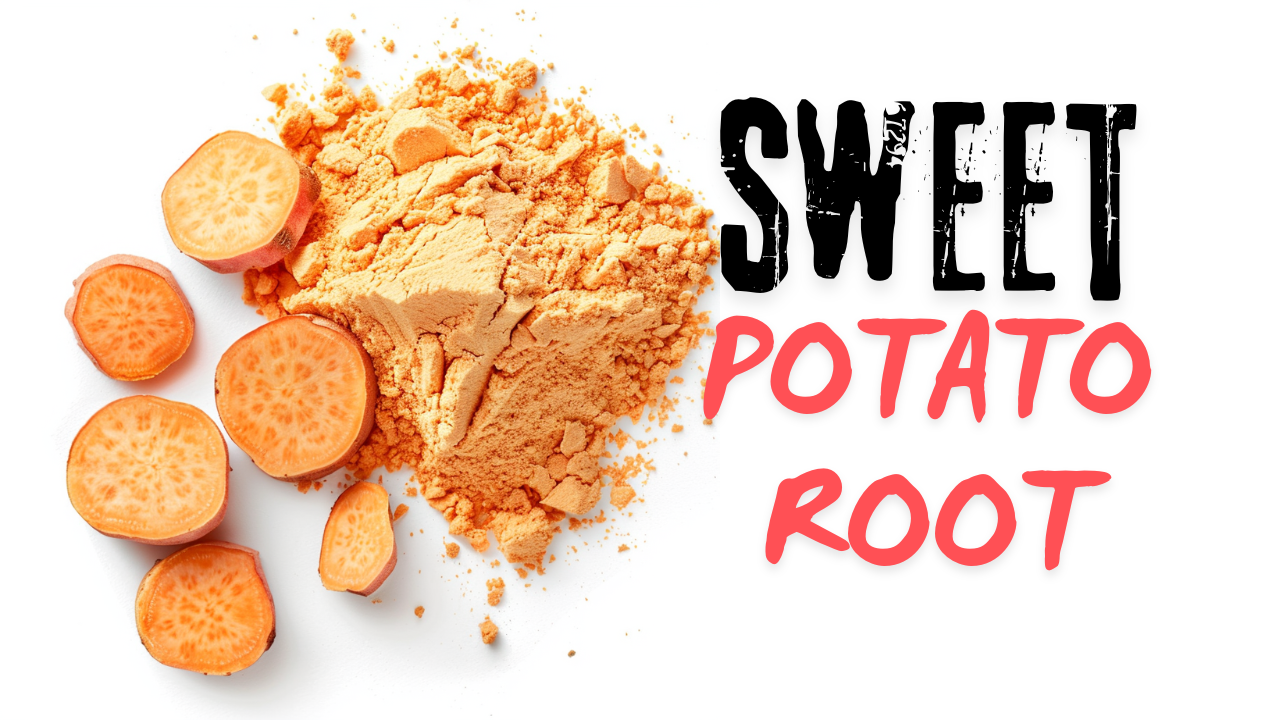Caffeine, a central nervous system stimulant found in coffee, tea, and various energy drinks and supplements, can have several effects on the body, including potential impacts on testosterone levels. However, the relationship between caffeine and testosterone is complex and can be influenced by various factors such as dosage, individual tolerance, and the context of consumption (e.g., at rest or during exercise). Here's an overview of how caffeine might affect testosterone levels:
-
Stimulation of the Central Nervous System: Caffeine stimulates the central nervous system, which can lead to an increase in the production of certain hormones, including adrenaline. This hormonal response may indirectly affect the production of testosterone.
-
Impact During Exercise: Some studies have suggested that caffeine intake before exercise can increase testosterone levels. The combination of caffeine and physical activity seems to stimulate more significant testosterone release than exercise alone. This is thought to be related to the increased adrenaline and other hormonal responses during exercise.
-
Acute vs. Chronic Effects: The acute (short-term) effects of caffeine may differ from its chronic (long-term) effects. Short-term, caffeine might boost testosterone levels during exercise, but the long-term impact of regular caffeine consumption on testosterone is less clear and may vary among individuals.
-
Interaction with Cortisol: Caffeine can also increase cortisol levels, a stress hormone that, in high amounts, may have a negative impact on testosterone levels. The balance between cortisol and testosterone is important for overall hormonal health.
-
Individual Differences: The effect of caffeine on testosterone can vary depending on the individual's sensitivity to caffeine, genetic factors, age, and overall health.
-
Potential Negative Effects with High Doses: Excessive caffeine intake might lead to negative health effects, including hormonal imbalances. However, moderate caffeine consumption is generally considered safe for most people.
In summary, caffeine may temporarily increase testosterone levels, especially when combined with exercise, but its long-term effects on testosterone are less clear and can vary based on individual factors. It's important to consume caffeine in moderation and to consider individual tolerance and health conditions. As always, it's advisable to consult with a healthcare provider for personalized advice, especially when considering the use of supplements or making significant changes to your diet or lifestyle.




